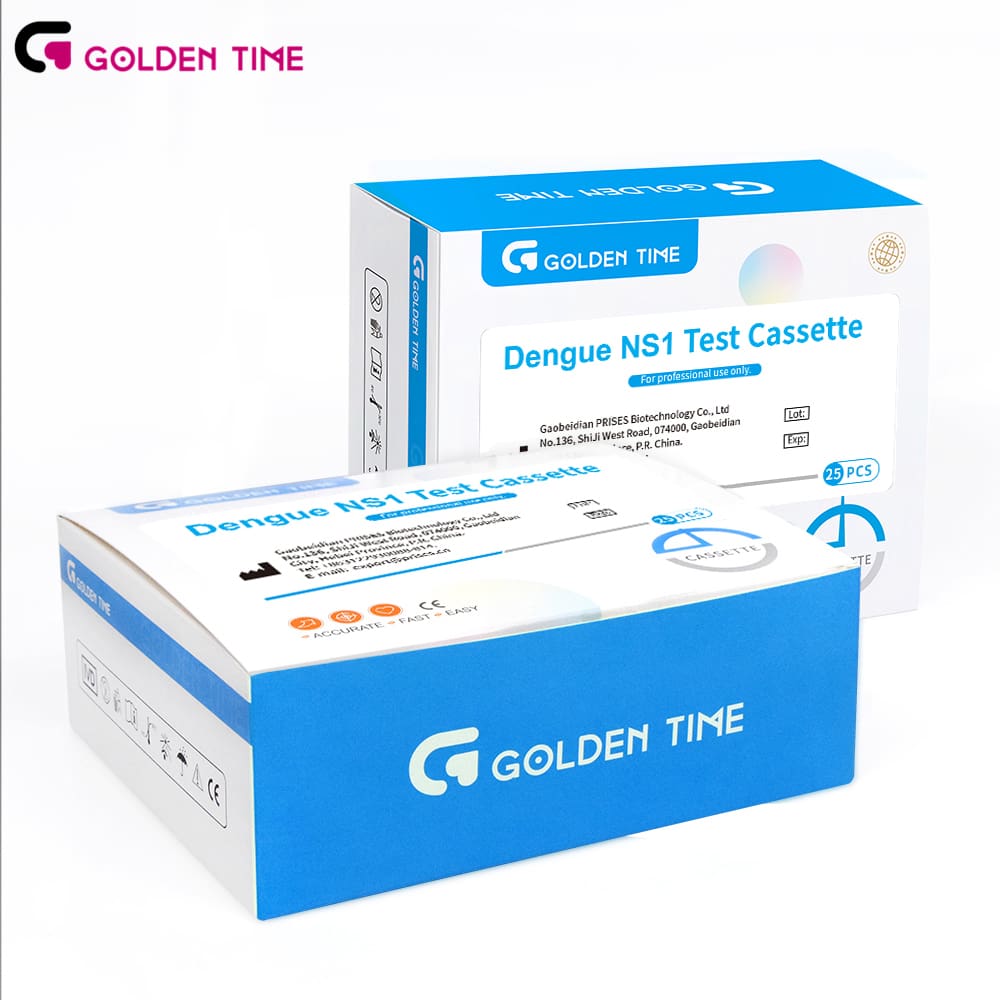Dec . 19, 2024 10:23 Back to list
buy test syphilis manufacturer
Understanding the Importance of Buying Test Kits for Syphilis A Comprehensive Guide
Syphilis, a sexually transmitted infection (STI) caused by the bacterium *Treponema pallidum*, has seen a resurgence in recent years, prompting health organizations worldwide to emphasize the importance of early detection and treatment. One effective means of combating this infection is through the use of reliable syphilis test kits. In this article, we will explore the significance of purchasing test kits from reputable manufacturers, the types of tests available, and how these tests contribute to public health.
The Importance of Testing
Syphilis often presents in stages, beginning with primary syphilis, which may be marked by a painless sore or ulcer at the site of infection. If left untreated, the infection progresses to secondary syphilis, characterized by rashes, fever, and swollen lymph nodes. The tertiary stage can manifest years later, potentially leading to serious health complications, including neurological and cardiovascular problems. Given the asymptomatic nature of the early stages, many individuals remain unaware they are infected, making testing crucial.
Regular testing is essential, particularly for sexually active individuals or those at higher risk. Early identification of syphilis not only aids in effective treatment but also reduces the transmission to sexual partners, thereby playing a significant role in controlling outbreak rates.
Types of Syphilis Test Kits
When considering purchasing a syphilis test kit, it’s important to understand the different types available
1. Serological Tests These tests detect antibodies in the blood. They are the most common tests used for diagnosing syphilis and are divided into two categories - Non-treponemal tests (e.g., RPR, VDRL) These screen for antibodies that are not specific to syphilis but may be elevated in the presence of this infection. - Treponemal tests (e.g., FTA-ABS) These confirm the presence of *Treponema pallidum* antibodies and are more specific.
2. Rapid Diagnostic Tests (RDTs) These are designed for quick results, often within 20 minutes. They are beneficial in point-of-care settings, allowing for immediate diagnosis and intervention.
buy test syphilis manufacturer

3. Nucleic Acid Tests (NAT) While not as common, these tests can detect the genetic material of the syphilis bacterium and may be used in specific cases.
Choosing the Right Manufacturer
When purchasing syphilis test kits, selecting a trustworthy manufacturer is vital. A reputable manufacturer should meet regulatory standards and provide accurate, reliable testing products. Some key factors to consider include
- Certification Look for manufacturers that have certifications from regulatory bodies, such as the FDA (Food and Drug Administration) or CE marking in Europe. These certifications indicate that the products meet specific safety and efficacy standards.
- Research and Reviews Investigate the manufacturer’s history, product reviews, and testimonials. A manufacturer with a strong track record and positive user feedback is more likely to offer high-quality tests.
- Support and Training Ensure that the manufacturer provides adequate customer support and resources for proper usage of the test kits. This includes clear instructions, troubleshooting guidelines, and professional advice for interpreting results.
Conclusion
Purchasing syphilis test kits from reputable manufacturers not only ensures the accuracy and reliability of results but also contributes to the overall fight against STIs. Increased accessibility to testing empowers individuals to take charge of their sexual health, facilitates timely treatment, and ultimately reduces the spread of syphilis. In light of the resurgence of this infection, prioritizing testing is a crucial step for both personal and public health. By choosing high-quality test kits, we can safeguard our wellbeing and that of our communities, paving the way for healthier futures.
-
Highly Accurate hCG Pregnancy Test Strips - 5 Min Results
NewsAug.02,2025
-
Premium Empty ABS Plastic Cassettes: Durable & Lightweight Storage
NewsAug.01,2025
-
Accurate Cocaine (Coc) Rapid Test Kit | Fast & Reliable Detection
NewsJul.31,2025
-
Accurate HCG Pregnancy Test Strips | Fast Home Use Kit
NewsJul.31,2025
-
Reliable Early Pregnancy Test Kit Supplier - Multi Plastic Cassette Options
NewsJul.30,2025
-
Transferrin Rapid Test Cassette – Reliable Tumor Marker Detection
NewsJul.29,2025

